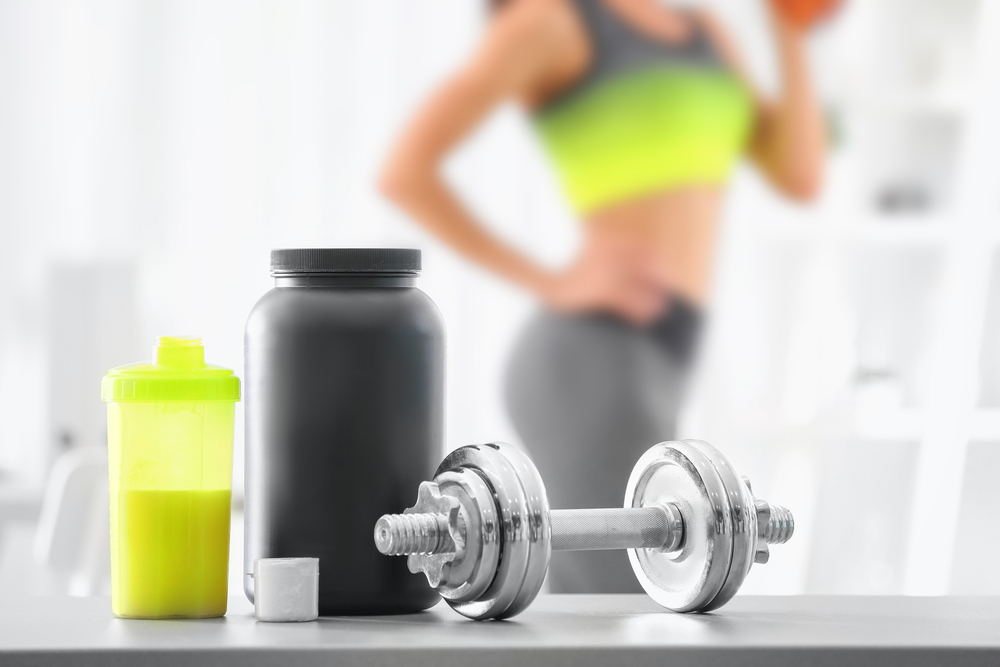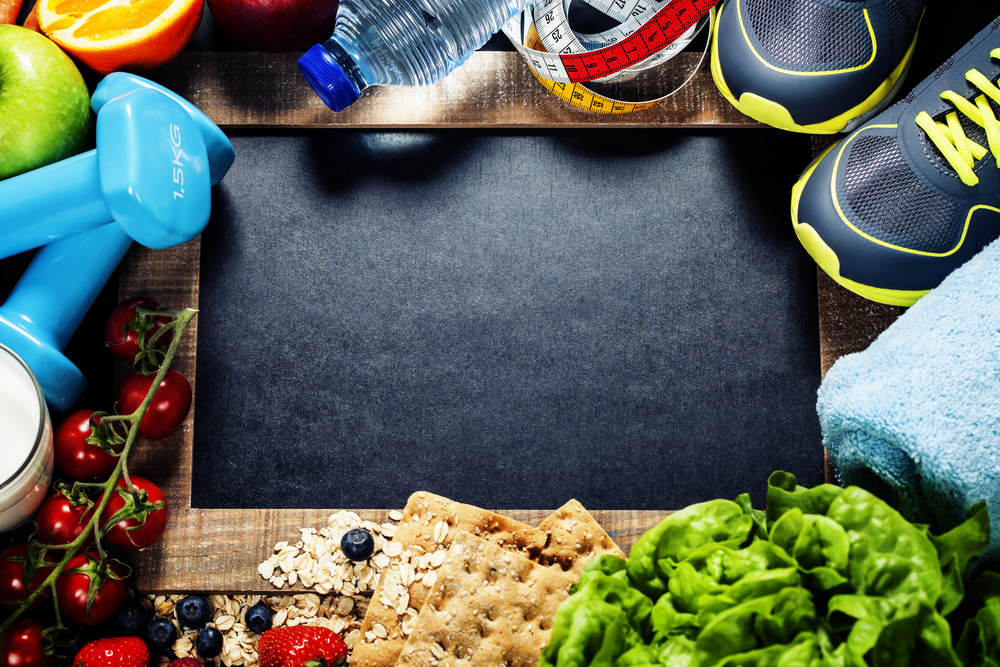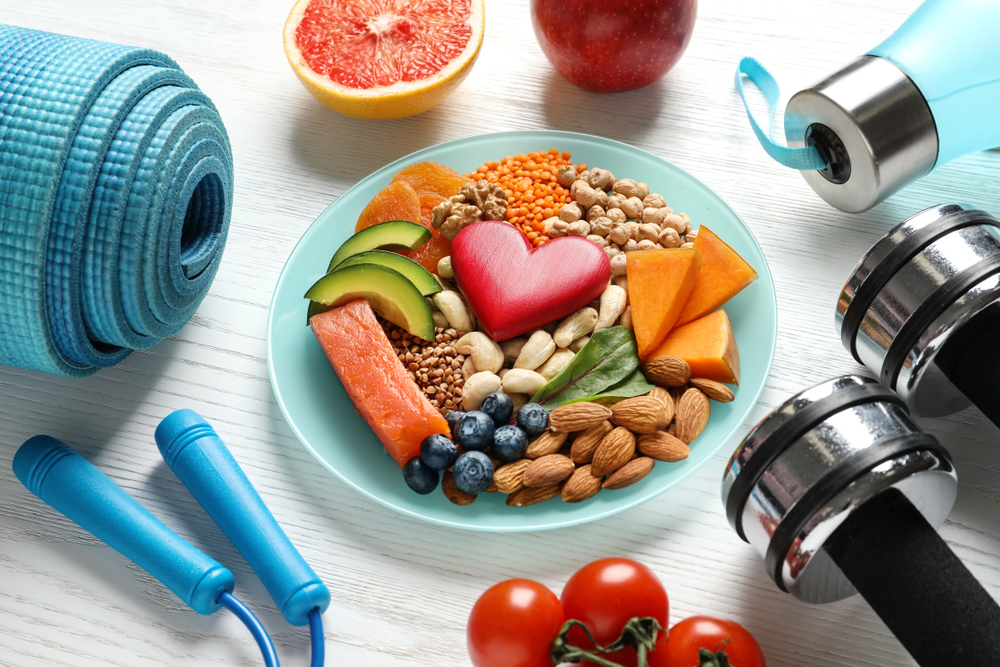Introduction
On this first anniversary of disentangling knowledge, we embark on an insightful exploration of the complex fields of sports and nutrition, where disinformation often flourishes. We set out on a mission to debunk common misconceptions that have obscured the understanding of these essential components of a healthy lifestyle in this joyous blog. We have successfully distinguished fact from fiction while navigating through a sea of information over the past year. With our newfound knowledge and comprehension, we can confront the myths that often dominate the domains of physical fitness and nutrition. Come along on our journey to deconstruct, educate, and commemorate a year of busting myths, arming ourselves with truth for a better, more knowledgeable tomorrow. Cheers to a year full of revelations and to the ongoing exploration of the truths about sports and nutrition.
- Myth 1: More Protein Equals More Muscles
The most common misconception is that eating too much protein will inevitably result in larger muscles. There’s no denying that protein is necessary for both muscle growth and repair, but your body can only absorb so much of it. Extra muscle mass is not a magical byproduct of the excess protein. Actually, it can cause dehydration and kidney strain. A balanced protein intake that is appropriate for your body weight and level of activity is crucial.
- Myth 2: Carbs Are the Enemy
In the world of fitness, carbohydrates are frequently maligned. Despite popular belief, not all carbohydrates are bad for you. In fact, your body uses them as its main source of energy, especially when you exercise. Choose complex carbohydrates over their refined counterparts, such as whole grains, fruits, and vegetables. The devil is in the details. They give you steady energy and essential nutrients without giving you the quick highs and lows that come with simple sugars.

- Myth 3: Sweat Equals Fat Burn
While working up a sweat during a workout is definitely an indication that your body is working hard, it is not a guarantee that you will lose fat. Your body uses sweating as a cooling mechanism, and weight loss happens when you burn off more calories than you take in. Although sweating can help with short-term water weight loss, it is not the same as losing fat. For long-term weight control, prioritize a balanced diet and a well-rounded exercise regimen.
- Myth 4: Spot Reduction is Possible
Do you have visions of doing endless crunches to tone those abs? Spot reduction is, regrettably, a myth. Targeted exercises don’t always burn fat in particular areas of your body; your body chooses where it sheds fat. Take a comprehensive approach to lose fat overall and show off your toned muscles by combining cardio, strength training, and a balanced diet.
- Myth 5: Sports Drinks Are Essential for Hydration
The typical gym-goer may not require sports drinks, but professional athletes who engage in prolonged, intense exercise may find them beneficial. These beverages frequently have calories and added sugars, which can offset any health advantages. Water continues to be the best hydrating choice for the majority of people. Sports drinks should only be consumed in circumstances where electrolyte replacement is essential, such as following extended, physically demanding exercise.
- Myth 6: The More You Sweat, the More Fit You Are
Perspiration does not always indicate a person’s level of fitness. The sweat rate of each individual varies depending on their genetics, environment, and level of fitness. Even when engaging in less strenuous activities, some people perspire more than others. Sweating rate is not a reliable indicator of fitness; strength, endurance, and overall performance are.

- Myth 7: Skipping Meals Accelerates Weight Loss
It’s a common misconception that skipping meals results in long-term weight loss. It can throw off your metabolism, cause overeating in the future, and deprive your body of nutrition. Consider portion management, a well-balanced diet, and regular, mindful eating as alternatives to skipping meals. Frequent small meals can help keep energy levels up and reduce unhealthy cravings.
Conclusion
It’s a reminder to view life’s experiences critically as we commemorate one year of busting nutrition and sports myths. It can be transforming to apply skepticism to widely held beliefs about sports and nutrition; this will help us lead healthier and more informed lives. The most important lesson is that reaching fitness objectives requires both regular exercise and a well-balanced diet. Dispelling myths makes room for more informed decisions that enhance wellbeing in general. Cheers to debunking myths, valuing information, and paving the way for a better, happier version of ourselves in the coming year. May the process of debunking myths enlighten and empower people in their pursuit of the best possible health and fitness.

